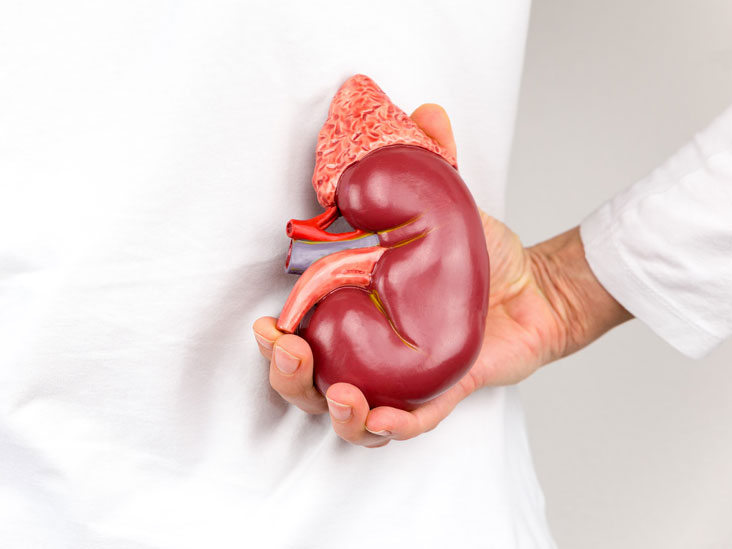5 Types of Tests Conducted for Kidney Diseases
by Shaina Verma Medical PractitionerThe role of kidneys in the proper functioning of a human body is very important. Without a healthy renal system, removing toxins from the body is impossible. Thus, ensuring that these bean-shaped organs are working efficiently is of utmost importance. Most kidney diseases are diagnosed if a patient has blood in the urine, inflammation in the body, high blood pressure, etc. People depicting these symptoms, along with those who have a history of kidney-related problems, should get regular kidney function or KFT test. This can be easily done at a pathology lab that offers test at home kits along with collecting samples from the doorstep of patients.

To understand kidney function tests in detail, mentioned below are five of the common kidney tests available at a reputed diagnostics centre:
1. Urinalysis
This particular test serves many purposes like diagnosing a urinary tract infection (UTI), diabetes as well as kidney diseases. For this reason, medical practitioners prescribe a urinalysis wherein a urine sample has to be collected, generally at home, and then sent to a laboratory for testing the concentration, appearance, and content of the urine. Presence of blood, pus, bacteria, sugar and protein in a patient’s urine may be indicative of kidney stones, bladder infection, UTIs and other serious kidney diseases.
2. Creatinine Clearance Test
The energy supply of the muscles is done with a chemical known as creatine. After the breakdown of muscle tissues, creatinine is produced as a waste product that needs to be flushed out of the system. If the kidneys aren’t functioning properly, then this toxin doesn’t get eliminated from the renal system. A creatinine clear test is conducted to see if the kidneys are doing their job or not. This involves urine and blood samples of the patient which are compared by pathologists to determine the presence of creatinine in the system.
3. Microalbuminuria Ratio Test
Another urine test that can help in detecting kidney damage is microalbuminuria. This test is conducted to check the excessive presence of albumin in the urine of a patient. This particular protein is vital for cell growth and tissue repair; hence, proper functioning of the body isn’t possible without it. Microalbuminuria or albumin-to-creatinine ratio (ACR) test detects the amount of albumin in the urine. More than 30 milligrams per gram (mg/g) of albumin in the urine can indicate kidney damage.
4. Estimated GFR
The conduction of test is done to analyse the basic responsibility of the kidneys, i.e., filtration. The glomerular filtration rate or GFR is based on the blood test of creatinine along with the patient’s age, race, gender, height, and weight. For patients who have a GFR less than 60 millilitres/minute/1.73m2 for more than three months, the chances of dialysis or kidney transplant are very high. Major lifestyle changes need to be made in such cases such as low sodium based diet, regulating blood pressure, daily exercise and the like.
5. Blood Urea Nitrogen Test
Blood Urea Nitrogen or BUN test is conducted to measure the volume of urea nitrogen in the bloodstream of a patient. This waste product is produced during the breakdown of food in the human body that needs to be flushed out regularly. For an average human being, the normal BUN level lies between 7 to 20 milligrams per decilitre. However, patients exhibiting higher levels might be suffering from kidney and liver diseases.
Besides these urine and blood tests, doctors can also prescribe ultrasounds, CT scan, and biopsy of the kidneys in order to determine the root cause of the damage.
Sponsor Ads
Created on Feb 13th 2020 05:03. Viewed 551 times.



